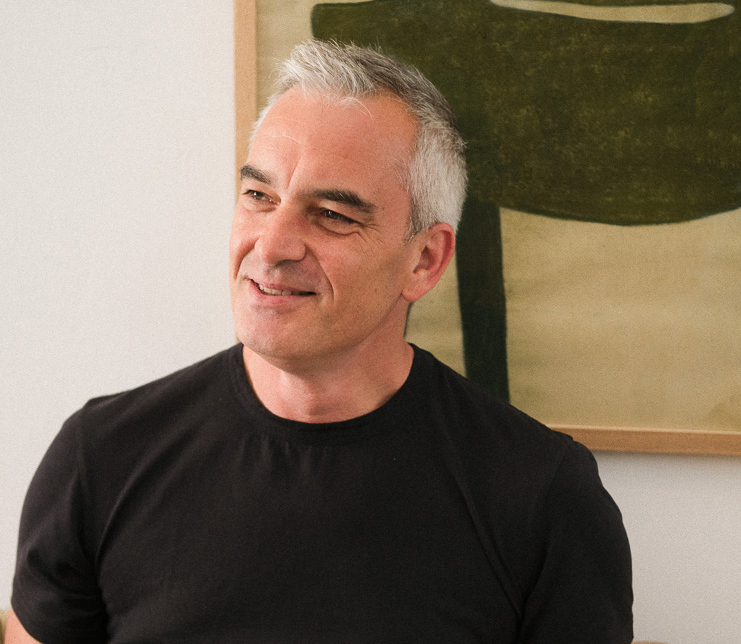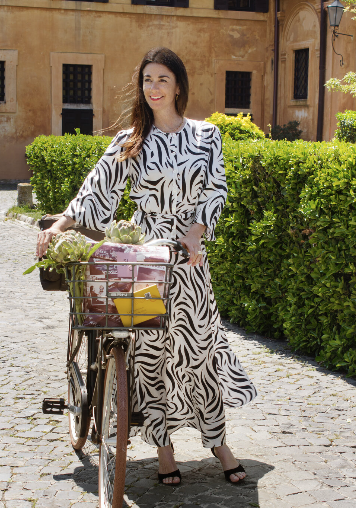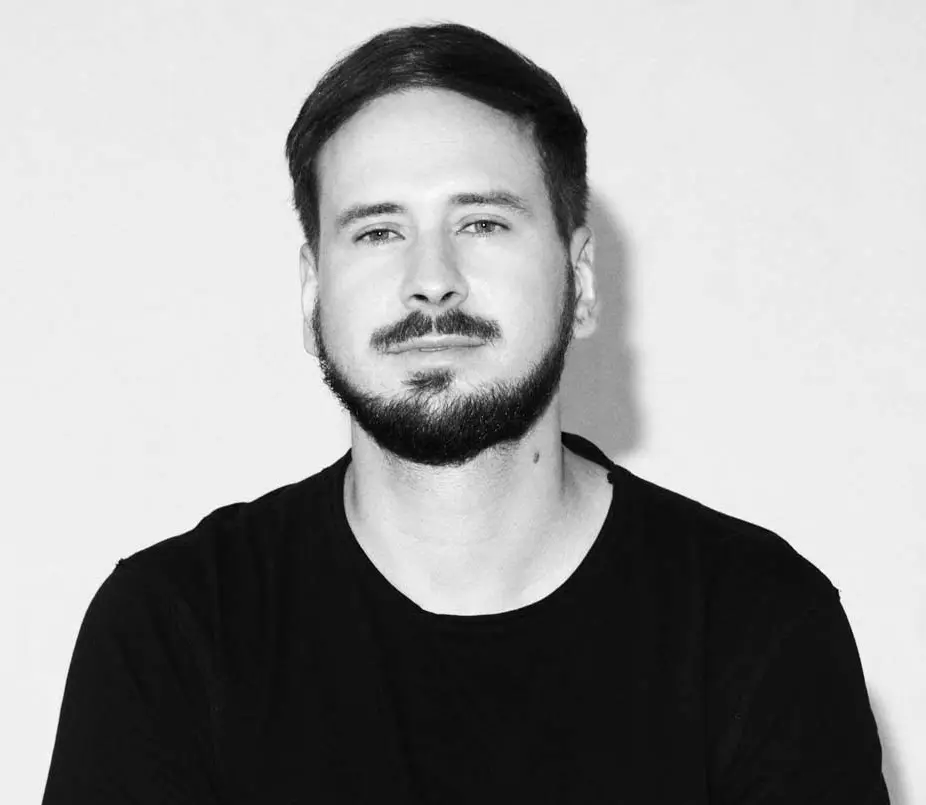We care about your privacy. We attempt to limit our use of cookies to those that help improve our site. By continuing to use this site, you agree to the use of cookies. To learn more about cookies see our Privacy Policy.
Martinique Lewis
President of the Black Travel Alliance

– follow Martinique –
Martinique Lewis is a potent force in diversifying the travel industry. As a consultant, she works with megabrands like AirBnb and Hilton, coaching companies towards genuine messaging and content for a long term, multicultural audience. She was a featured speaker for the Facebook Travel Summit, sits on the Condé Nast Traveler advisory board, and advises the industry on inclusivity not just for Black travelers and contributors, but for a generally wider range of demographics in age, gender, ability, religion and sexual orientation.
Last summer, she published The ABC Travel Greenbook and co-founded The Black Travel Alliance. The BTA’s network of travel content creators, journalists and advocates catapulted to the forefront of the industry, connecting brands with Black media, researchers and influencers, and providing a support and management platform for those very professionals. From her newly adopted hometown of London, England, she talks to AHL West Coast Editor, Janet Mercel.
Share this Story
Janet Mercel: You’ve always been a big connector in the travel space. How did the mission for the BTA solidify and unfold with your team of 18 creators?
Marty Lewis: Our pillars are alliance, amplification and accountability. The BTA was created out of frustration from Black Out Tuesday, when we had a weekly Zoom call going to share ideas and feedback. Brands were either using the same handful of influencers, with no real exposure to the huge network of industry professionals, or they weren’t valuing the voices of their consultants. The black media needs a support network to protect their resources, their compensation and time, and their value in public-facing roles to become the best they can be. We all had an equal hand in BTA’s creation, and we all work hard to ensure it’s running and providing the opportunities for Black people to be supported and accurately represented in the travel industry.
Janet: Have the majority of brands that work with the BTA not traditionally marketed to the Black traveler and need help bridging that gap, or is it a wider spectrum of brands inclusive of all kinds of communities just looking to connect and support?
Marty: I would say that we attract brands of all kinds. Some haven’t traditionally marketed to the Black community and some no longer want to hire outside agencies to locate Black creators, they want more of a long term, authentic relationship. We give our partners immediate exposure to more people so the industry isn’t using the same faces over and over. We are a vessel that leads people directly to who they’re looking for, and every brand’s needs are different. Some need consulting, some need help carrying out research, some need to be introduced to Black content creators and some need to fill campaigns. No one brand has the same ask.
Janet: You’re celebrating the BTA’s first birthday this summer. Can you share any thoughts on plans you’ll implement in the next year?
Marty: We’ll continue to bridge the gap between content creators and brands, and hold companies accountable in the long term — who they’re hiring, who they’re consistently representing and partnering with. In terms of launching new projects, people will just have to watch. We are here to be cutting edge in the industry and bring things that have never been done, or spoken about EVER. Exciting times ahead.
Janet: You’ve already sold over 10,000 copies of The ABC Travel Greenbook, an updated version of “The Negro Motorist Green Book.” The original was founded by Victor Hugo Green in 1936, as a guide of safe places to eat and sleep for Black people traveling throughout America, and it was published for nearly three decades. How did you get the idea to recreate it?
Marty: Following in the footsteps of The Green Book will always be ongoing as the entrance of Black owned business in the travel space continues to increase. The goal is to update it annually, the app will be completed in early 2022, and this year we will launch a five-part childrens’ book series. Black communities around the world want to share their own culture and explore others — eat the food, dance the music. Caribbean Black Americans, for example, don’t necessarily know the local spots when they travel there, or in local Angolan, or Brazilian, or Dominican, or Colombian communities. Black people are not a monolith. It’s not one size fits all tourism, for destinations or the people who go there, just like not all Black history is African American based. And we’re already integrated into the existing tourism industry, it’s already happened, but that needs to become part of the media narrative.
Janet: You talked on a podcast about being on a press junket in England with a visually impaired fellow traveler. After you told the guide that someone present was blind, the graffiti tour of Banksys, and the following graffiti class, went unmodified and without explanation, so you stood with her and moved her arms and legs so she could feel what others were doing in the class. You talked about ground indicators on sidewalks and subways in Japan for the visually impaired (tactile paving), and modifications for all kinds of travelers who are facing different circumstances, from mobility issues to age to autism to religion. Who’s doing it right, by making thoughtful mods to spatial planning or programming, or using welcoming, inclusive messaging?
Marty: Multicultural travelers are 70% more likely to go where they see themselves or another person of color reflected. Tempe Tourism in Arizona shows a black family having an amazing time swimming in their brochure, and this image speaks volumes- not only to black travelers but to families of all backgrounds. I love to see REI. They are constantly showing different kinds of adventure travelers, people of all ages, races, shapes, sizes, sexual orientation and more. They support multiple outdoor initiatives and produce content with those groups. And you can always refer to my Diversity in Travel Report Card, which is ongoing.
Read more interviews with Industry Insiders, here.
Share this Story
More Industry Insider Interviews
Tristan du Plessis
Cape Town-based Interior Architect & Founder of Tristan Du Plessis Studio chats his inspiration, dream project and more
tell me more ›




